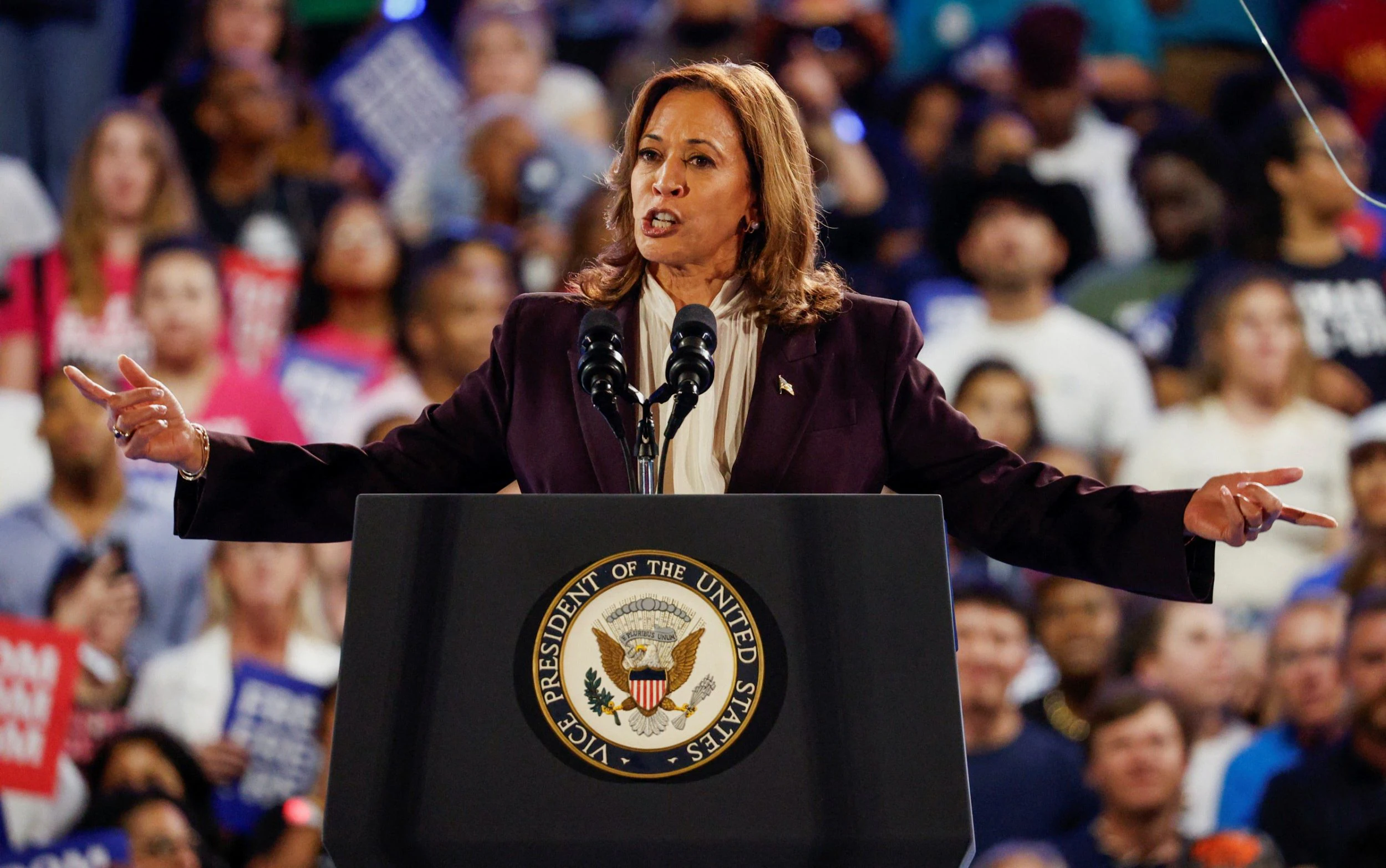
In a candid admission that has stirred considerable debate, Vice President Kamala Harris recently acknowledged what she believes to be her most significant weakness in her political career. This revelation comes at a critical juncture as polls indicate a noticeable decline in voter support for both her and President Joe Biden ahead of the upcoming elections. Understanding Harris’s admission provides insight into the complex dynamics shaping voter sentiment and the broader implications for the Democratic Party.
During a public event in California, Harris stated, “I know I can be too ambitious, sometimes to the point of seeming disconnected.” This reflection is revealing on multiple levels. It suggests an awareness of how her drive for progress may be perceived by constituents who feel increasingly alienated from the political establishment. Harris’s admission underscores a broader narrative of disconnection that many voters are experiencing, especially as they grapple with pressing issues like inflation, healthcare, and social justice.
Ambition vs. Connection
Ambition in politics is often seen as a virtue, driving leaders to push for transformative policies and reforms. However, in Harris’s case, her acknowledgment of being perceived as “disconnected” raises questions about the balance between ambition and approachability. Voters often seek leaders who not only have vision but also demonstrate empathy and relatability. Harris’s struggle to bridge this gap may explain why many voters feel she and the current administration are out of touch with everyday realities.
As Vice President, Harris has focused on several ambitious initiatives, including tackling climate change, advancing women’s rights, and reforming immigration policies. While these issues are undeniably important, the manner in which they are communicated and pursued can alienate constituents who prioritize immediate economic concerns over long-term goals. For many voters, the economic landscape remains precarious, and the urgency of their needs can overshadow broader discussions of policy innovation.
Voter Sentiment and Polling Data
Recent polls reflect a worrying trend for the Biden administration, particularly regarding voter approval ratings for Harris. A Gallup poll conducted in September revealed that only 39% of respondents approved of her performance, marking a significant decline compared to earlier in her term. This dissatisfaction is particularly pronounced among key demographic groups that historically support Democrats, including women and younger voters.
The disconnect between Harris’s ambitious policy objectives and the immediate concerns of voters could be a driving factor behind this decline. Economic struggles, exacerbated by rising inflation rates and global uncertainty, overshadow the administration’s attempts to promote more progressive agendas. In this context, Harris’s recognition of her ambition may not resonate positively; instead, it could be interpreted as an inability to prioritize and address the most pressing issues facing American families.
The Broader Implications for the Democratic Party
Harris’s admission may have broader implications for the Democratic Party as it prepares for the upcoming elections. With internal divisions growing and a need to unify around key issues, her remarks highlight the necessity for a recalibration of messaging and strategy. If voters perceive the leadership as out of touch, the risk of losing critical support in swing states increases dramatically.
Moreover, her acknowledgment of perceived disconnect raises the question of whether the party can genuinely adapt to the needs and sentiments of its base. The party’s ability to articulate a clear, relatable vision that resonates with voters could be the difference between retaining or losing vital support in November 2024.
Conclusion: A Call for Authentic Engagement
As Kamala Harris navigates the complexities of her role, her recent admission serves as a crucial reminder of the delicate balance between ambition and connection. Voters today are looking for authenticity, engagement, and a demonstrated understanding of their struggles. For Harris and the Democratic Party, the path forward involves not only addressing high-level policy goals but also grounding those ambitions in the immediate realities faced by everyday Americans.
In an era where political polarization is rampant and trust in leadership is waning, Harris’s ability to reconnect with voters will be essential. The upcoming election cycle will serve as a litmus test for whether her candid acknowledgment of her weaknesses can transform into a rallying point for renewed engagement or if it will be seen as a sign of deeper vulnerabilities within the party. Ultimately, the stakes are high, and how leaders respond to these challenges will shape the political landscape for years to come.






